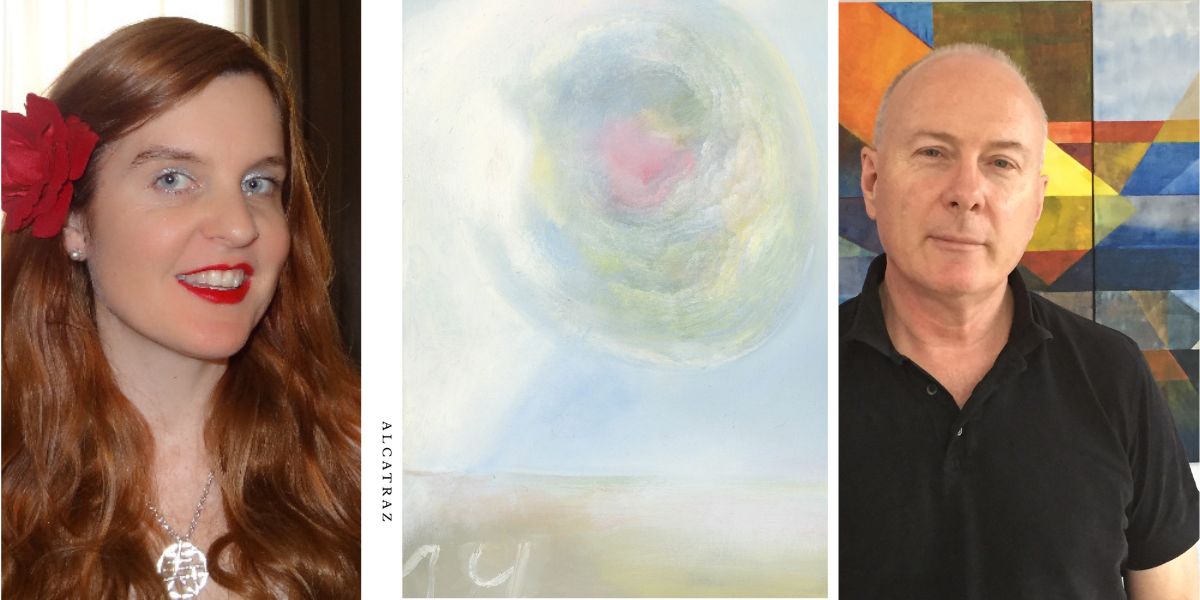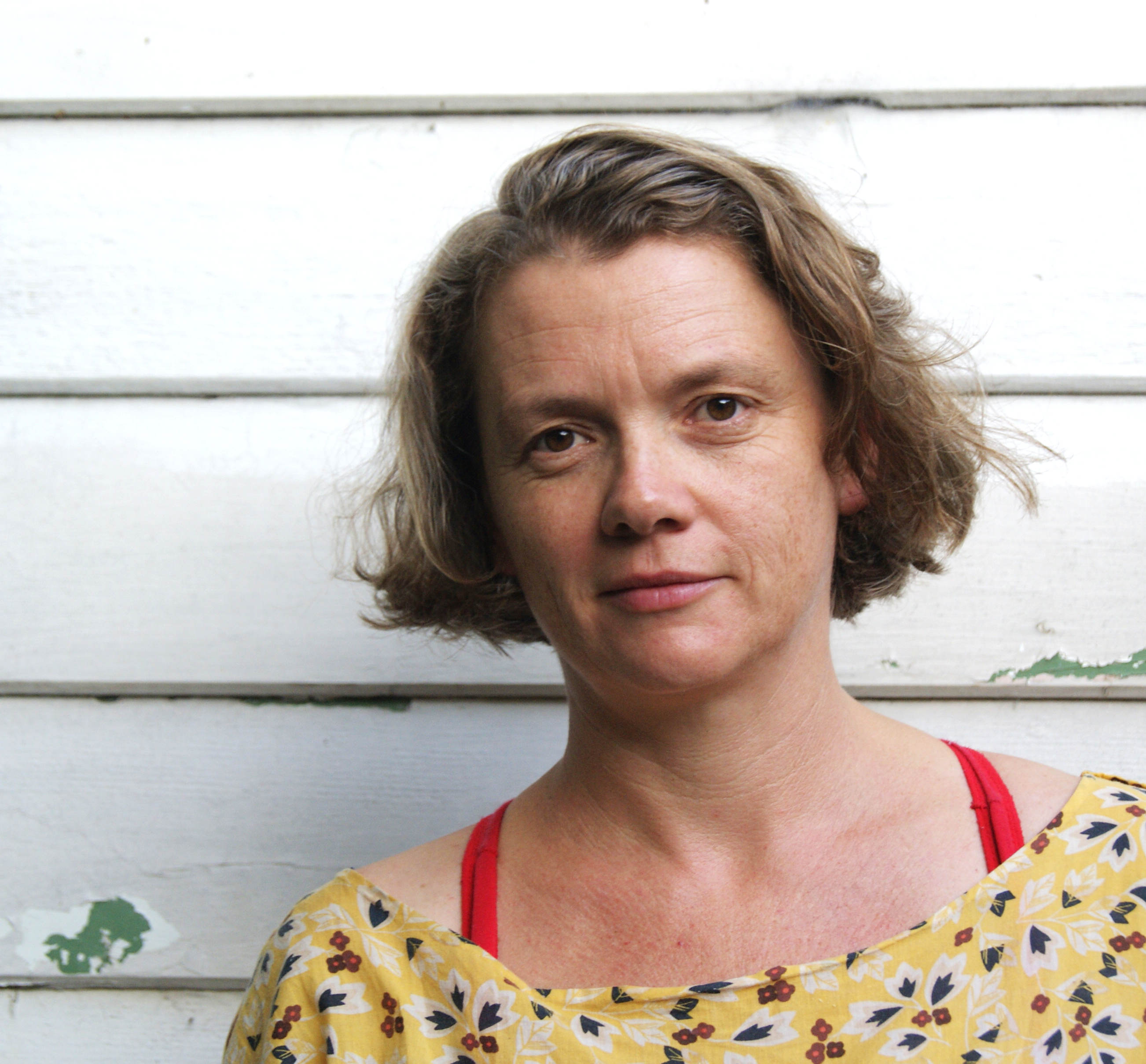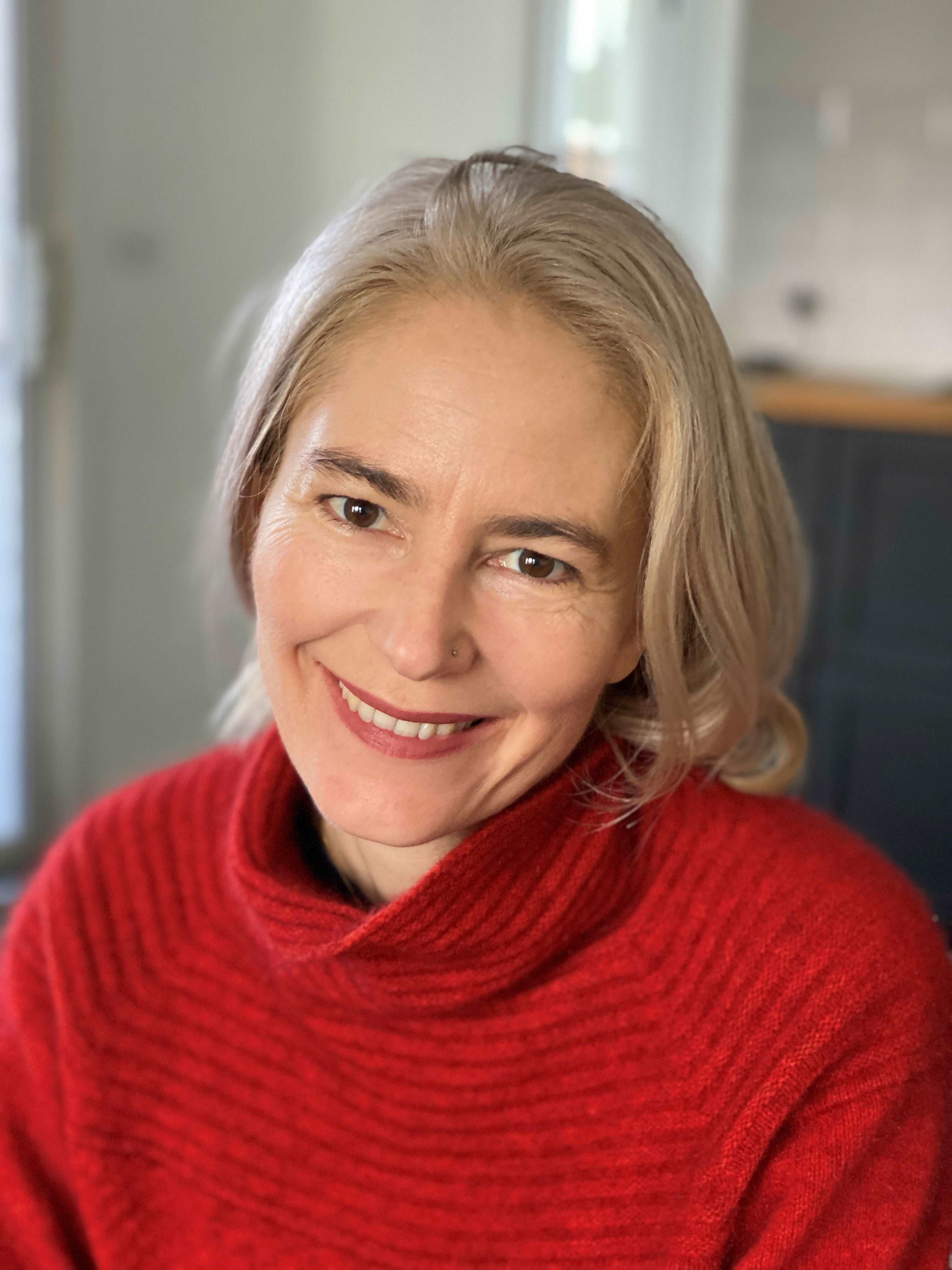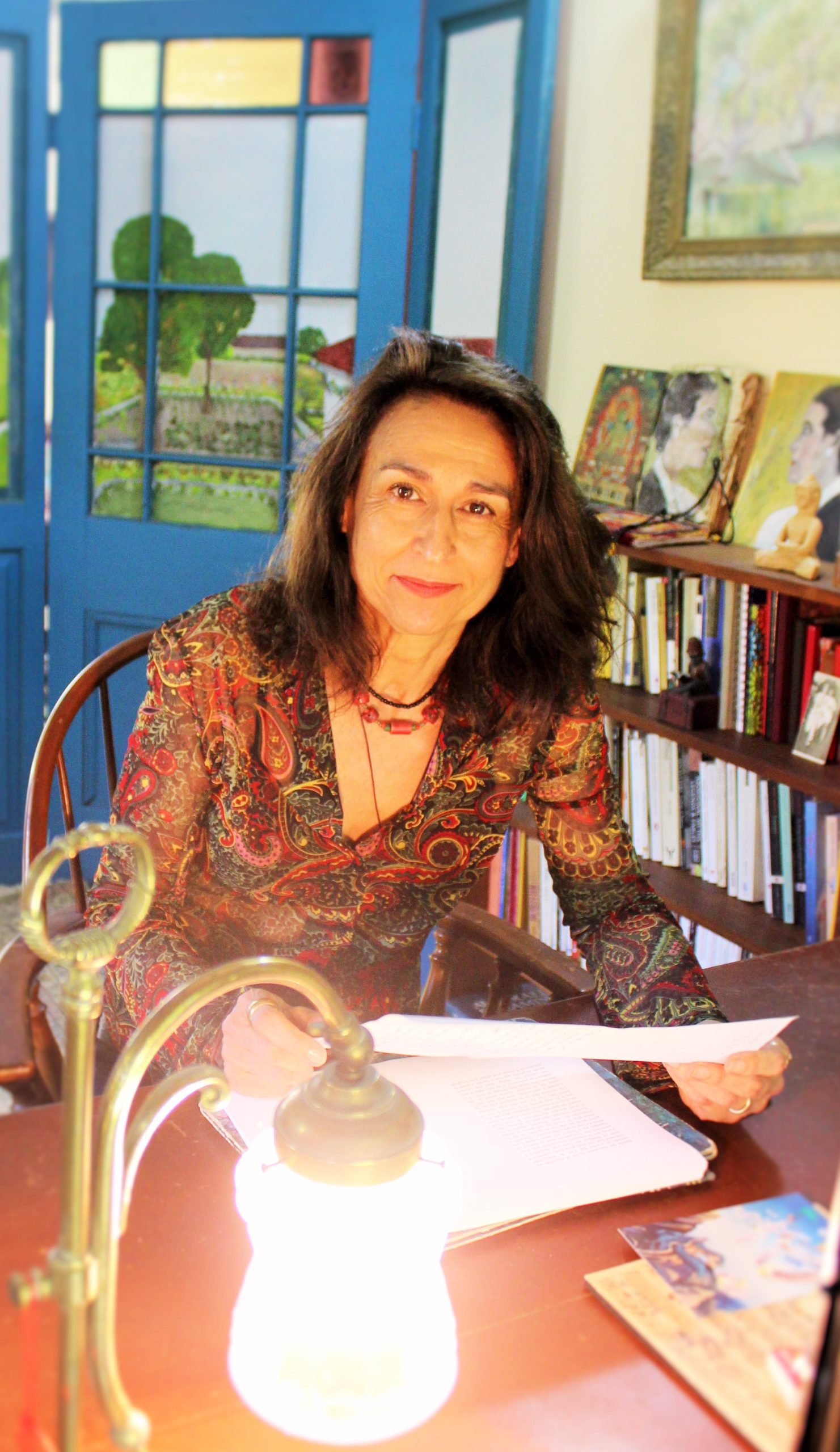1. How would you describe Alcatraz?
Alcatraz is an illustrated international anthology of prose poetry and prose pieces by some of the finest contemporary writers in the world.
The book is composed of compelling short narratives and drawings that, together, create a symphonic view of modern life as it is understood in many different countries.
Topics covered are diverse, ranging over intimate relationships, family matters, personal identity, travel, the sense of place, cross-cultural interactions, feminist perspectives and environmental and ecological concerns. Much of this writing abounds with imagery and metaphor, bringing exciting and challenging imaginative worlds into view.
Every piece of writing is matched with a unique illustration by Phil Day. These witty sketches engage with the theme and context of each work and also mirror its length in an uncanny way. To read this book is to be taken on a pulsating journey through some of language’s most compelling reaches.
2. Tell us a bit about your experience editing the book…
Editing this book was a real delight. It grew out of collaborations between the editors and the illustrator, Phil Day. Phil had worked with Cassandra on a series of experimental books, Sketch Notes and they had both collaborated with Paul on limited edition concertina publications. These collaborations led us to the idea of putting together an international illustrated anthology of very short prose and prose poetry.
We contacted writers whose work we admired from the United States, the United Kingdom, Canada, Australia, New Zealand, Japan and Singapore and, as we continued to read and research, we discovered other potential contributors.
We also received various recommendations and the list of commissioned writers grew organically, in a kind of snowball effect. As we compiled and edited the anthology, we were thrilled by the quality and bravery of the submissions we received.
3. Was there anything that surprised you during the process of editing?
We expected works of real variety and substance but were nevertheless surprised by the extraordinary and wide-ranging inventiveness of the contributions. We were also surprised by how the anthology seemed to grow almost by itself. While it required a great deal of hard work, the organic qualities inherent in the final book are very much the result of the wonderful chemistry that the book possessed almost from its inception.
4. Who is this book for?
This book is for lovers of inventive and highly imaginative short-form prose works and prose poetry and for those who love illustrated books or even graphic novels. It is for those who are interested in contemporary life and issues—how these may be understood, re-imagined and challenged.
The contributing writers have vastly different individual experiences, but all are engaged with presenting new insights about twenty-first century life, including the way everyday concerns may be re-envisaged and creatively transformed.
5. What do you hope readers will take from this book?
We hope readers will take from this book a sense of optimism about the high quality of contemporary creative writing and an excitement connected to the challenges and questions these writers pose.
The book showcases such beguiling sketches and eloquent examples of short-form prose and prose poetry, that readers may take away a deep sense of pleasure in the use of written and visual language, and how language touches us profoundly and connects us with others.
About you as a poet…
6. What prompted you to start writing poetry and when did you start?
Cassandra: In primary school I used to write fragments and poetic paragraphs on scraps of paper—on shopping dockets and backs of envelopes. In high school I started becoming more serious about these paragraphs of poetic prose, but I didn’t know I was writing prose poetry. It’s taken a long time for prose poetry to be accepted as a legitimate poetic form in Australia.
Paul: I decided at the age of eleven that I wanted to write poetry. I can’t remember exactly what prompted this decision, and I guess there were many reasons that contributed to it, but primary among them was an early love of language and the wish to express what I thought of as complicated feelings and ideas.
7. One thing you’ve learned the hard way when it comes to writing poetry?
Cassandra: Endings are not easy. It’s perhaps the third or fourth ending that you create for a poem that is the best one. Endings niggle at me until I find the right one!
Paul: I’ve always found poetry to be a truly testing mode of writing, and one in which the challenges are continually evolving. One lesson is that poetry remains difficult to do well no matter how much I work at it.
8. Best investment you’ve ever made in your writing?
Cassandra: Going to Hiroshima to write my manuscript on the Hiroshima Maidens—having the time to put other things aside and writing in the place you are trying to evoke can be extraordinary.
Paul: I think the best investment I made in my writing was the decision to give it a lot of my time, and never to stint on that. As much as possible—allowing for other responsibilities, relationships and practical limitations—I have shaped my life around writing.





